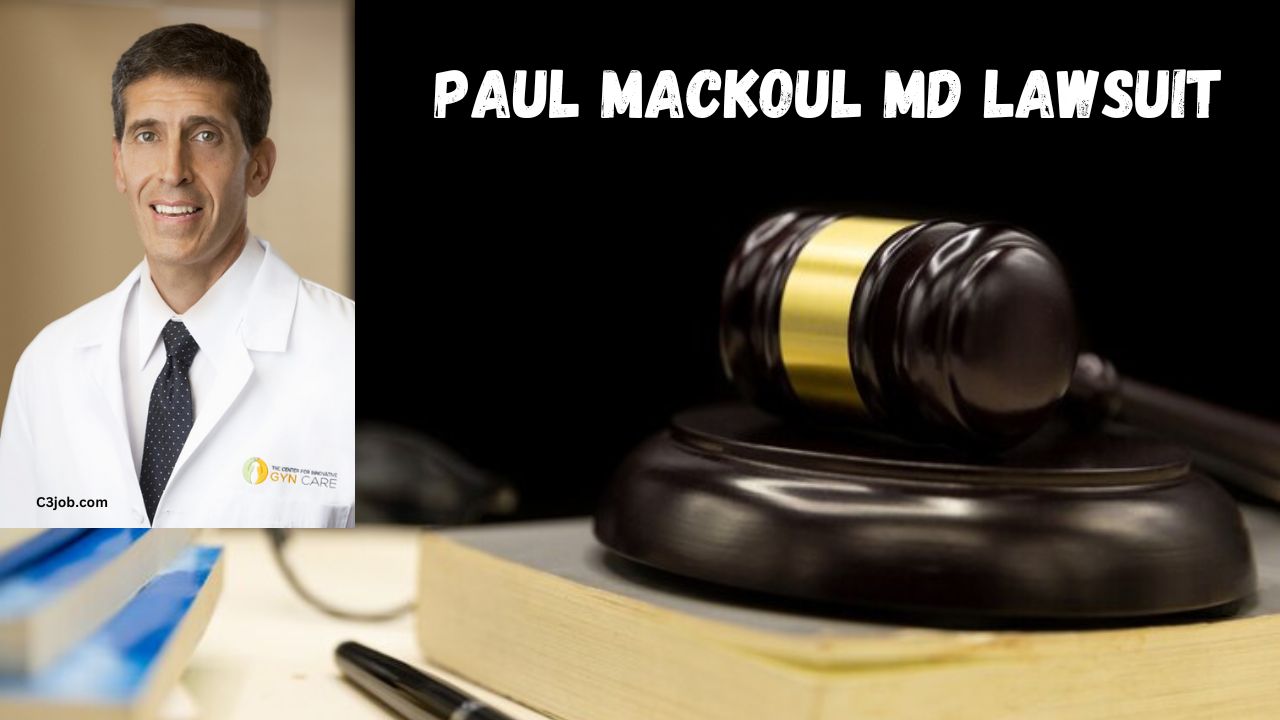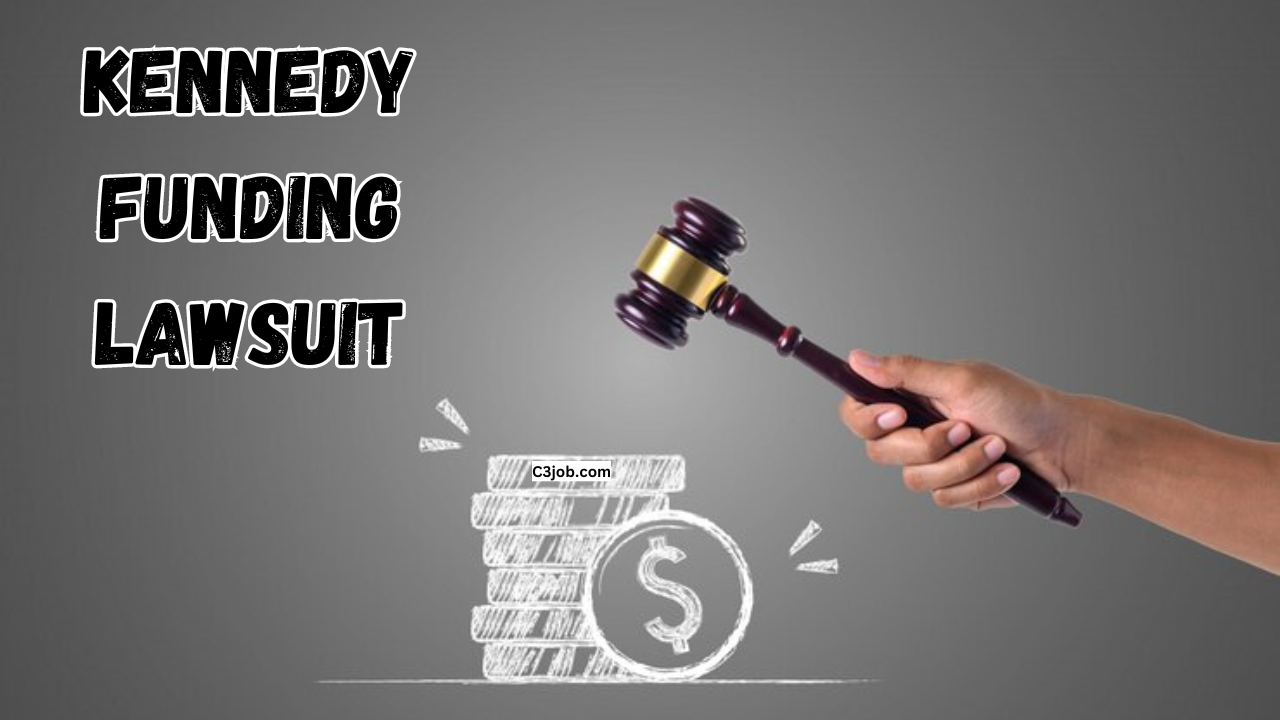In recent years, 72 Sold has gained attention for its unique approach to real estate, promising homeowners a quick and efficient sale within 72 hours. The company’s marketing and success have turned heads in the real estate industry. However, along with its rise to fame, 72 Sold has found itself embroiled in a legal battle that has drawn public scrutiny. This article explores the details of the lawsuit, the key players involved, and the potential implications for the real estate sector.
What is 72 Sold?
72 Sold is a real estate company founded by Greg Hague with a mission to help homeowners sell their properties quickly. Unlike traditional real estate models that can take months to close a sale, 72 Sold offers homeowners the opportunity to sell their homes within 72 hours, promising a competitive price without the lengthy process. Their marketing focuses on convenience, speed, and maximizing profits for sellers.
The company’s innovative strategy and bold claims have attracted both clients and competitors’ attention. However, as its market presence grew, so did the controversies surrounding it.
The Lawsuit Against 72 Sold: Key Details
The legal issues facing 72 Sold stem from a variety of claims, primarily related to deceptive marketing practices, breach of contract, and misrepresentation of services. Here are the key components of the lawsuit:
- Deceptive Advertising: A significant part of the lawsuit revolves around accusations that 72 Sold misled consumers with its marketing claims. According to the lawsuit, the company allegedly misrepresented the effectiveness of its 72-hour sale promise. The plaintiffs claim that many homes were not sold within the promised timeframe, and in some cases, were not sold at all. This has led to accusations of false advertising, which could violate consumer protection laws.
- Breach of Contract: Several homeowners who used 72 Sold’s services have filed complaints, alleging that the company did not fulfill its contractual obligations. These homeowners argue that the terms presented to them were not honored, leading to financial losses. They claim that instead of selling their homes within 72 hours, their properties were either on the market for much longer or withdrawn without a sale.
- Misrepresentation of Services: The lawsuit further alleges that 72 Sold’s marketing oversimplifies the process and misleads homeowners into believing they will get a higher price for their homes than through traditional methods. Plaintiffs argue that in reality, the company employs tactics that prioritize quick sales over maximizing value for the homeowner, contrary to what their advertisements claim.
- Violation of Real Estate Regulations: Some accusations suggest that 72 Sold may have violated certain real estate regulations related to transparency and fair practices. These claims are being investigated to determine whether the company followed legal standards in its business operations.
72 Sold’s Response
In response to the lawsuit, 72 Sold has denied the allegations, stating that its services are designed to benefit homeowners by offering an alternative to traditional real estate sales methods. The company argues that its marketing is clear, and that all homeowners are made fully aware of the process before engaging in a contract.
Greg Hague, the founder of 72 Sold, has been vocal in defending the company’s reputation. He claims that the lawsuit is an attempt by competitors to tarnish the brand and slow its momentum in the marketplace. Hague asserts that 72 Sold operates within legal boundaries and offers a valuable service to homeowners who want to sell their properties quickly.
The Potential Impact of the Lawsuit
The outcome of this lawsuit could have far-reaching implications, not just for 72 Sold, but for the broader real estate industry. Here are some of the potential consequences:
- Impact on 72 Sold’s Reputation: Regardless of the lawsuit’s outcome, the legal battle has already placed 72 Sold in the spotlight. Negative publicity could deter potential clients from using their services, especially if the lawsuit highlights unethical practices. On the flip side, if 72 Sold is able to prove that the allegations are unfounded, it could emerge stronger and more reputable.
- Changes in Real Estate Marketing Practices: If the court finds that 72 Sold engaged in deceptive marketing practices, it could lead to stricter regulations on how real estate companies advertise their services. This could impact how all real estate agencies market their offerings, particularly when making bold claims about the speed and success of property sales.
- Legal Precedent: The lawsuit could set a legal precedent for future cases involving real estate companies that use unconventional sales methods. If 72 Sold is found liable, it may open the door for more lawsuits against companies that operate in a similar manner.
- Consumer Protection: The lawsuit may also lead to increased consumer protection measures in the real estate industry. This could include more stringent requirements for transparency in real estate contracts, ensuring that homeowners fully understand the terms of any agreement they enter into.
Conclusion
The lawsuit against 72 Sold has raised important questions about the intersection of marketing, real estate, and consumer protection. As the case unfolds, it will be interesting to see how the court rules and what impact it will have on the real estate industry as a whole.
For homeowners, this serves as a reminder to always conduct thorough research before engaging with real estate companies, especially those that promise quick and easy sales. While innovative services like 72 Sold may offer exciting alternatives to traditional real estate methods, it’s crucial to fully understand the process, terms, and potential risks involved.











